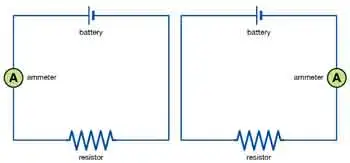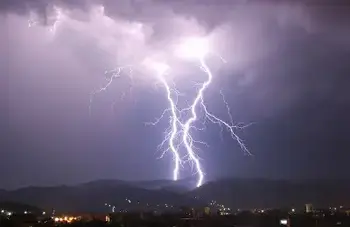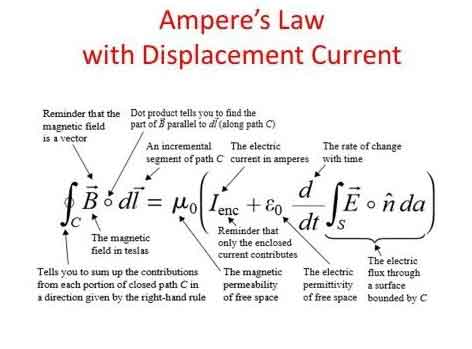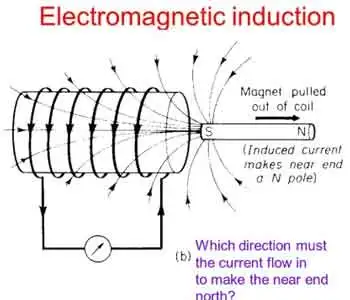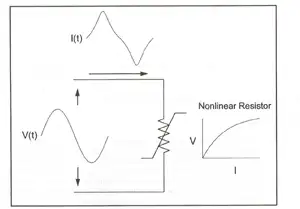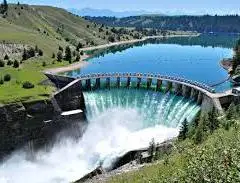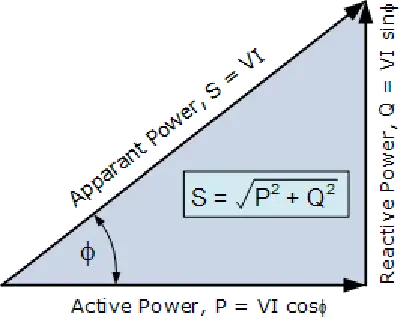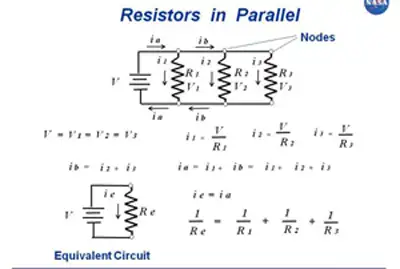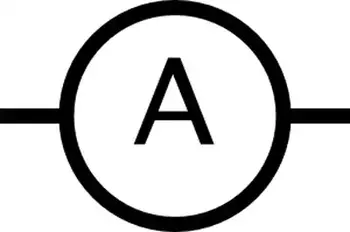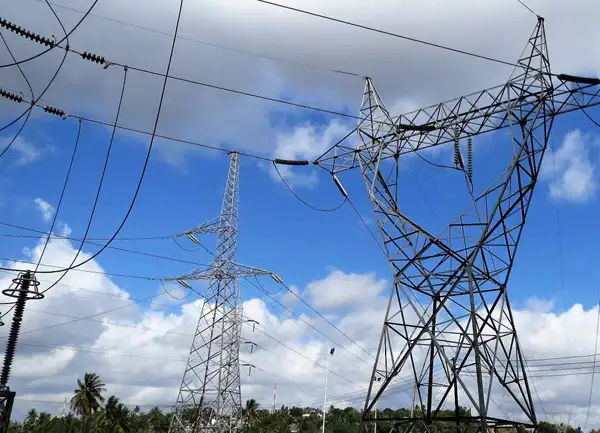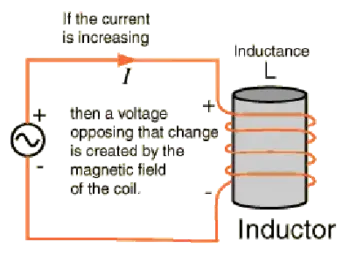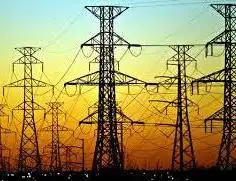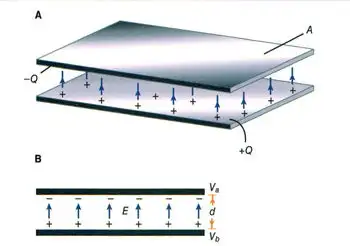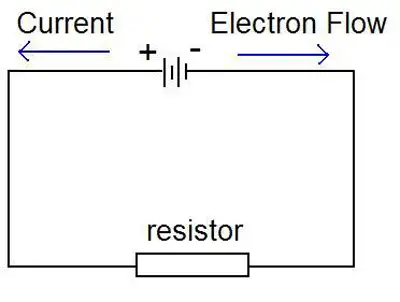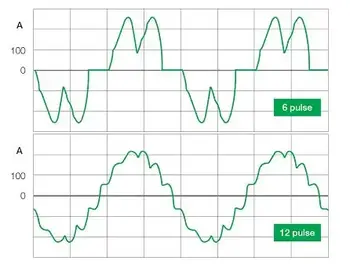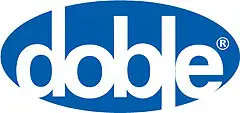Electricity Fundamentals Explained
Electricity is a fundamental part of nature. Everything, from water and air to rocks, plants and animals, is made up of minute particles called atoms. They are too small to see, even with the most powerful microscope. Atoms consist of even smaller particles called protons, neutrons and electrons. The nucleus of the atom contains protons, which have a positive charge, and neutrons, which have no charge. Electrons have a negative charge and orbit around the nucleus. An atom can be compared to a solar system, with the nucleus being the sun and the electrons being planets in orbit.
Electrons can be freed from their orbit by applying an external force, such as movement through a magnetic field, heat, friction, or a chemical reaction.
A free electron leaves a void, which can be filled by an electron forced out of its orbit from another atom. As free electrons move from one atom to another, an electron flow is produced. This electron flow is the basis of electricity.
The cliché, "opposites attract," is certainly true when dealing with electrical charges.
Charged bodies have an invisible electrical field around them. When two likecharged bodies are brought close together, they repel each other. When two unlike charged bodies are brought closer together, their electrical fields work to attract.
LIVE ONLINE ELECTRICAL TRAINING SCHEDULE
- Substation Relay Protection Training
- Energy Storage Systems Course
- NFPA 70e Training
- High Voltage Maintenance Training Online
- UPS System Training
- Arc Flash Training - CSA Z462 Electrical Safety
- Combined NFPA 70e LV Arc Flash And HV Electrical Safety
- 2024 CE Code - Combined Course: Changes/Fundamentals and Calculations
- CE Code Calculations: Practical Applications and Advanced Techniques
- UPS and Battery System Design, Testing and Maintenance Training
- High Voltage Safety Training
- Industrial Electricity Basics
- 2024 CE Code - Changes and Fundamentals
- Arc Flash Analysis/Study
- Short Circuit Study & Protective Device Coordination
- Power System Fundamentals
- Power Transformer Maintenance Training
- Electrical Safety Awareness Training For Non Electrical Workers - Live Online Instructor-Led Training
- NFPA 70e Training
- Electrical Troubleshooting Training
- Arc Flash Training - CSA Z462 Electrical Safety
- NFPA 70b Training - Electrical Maintenance
- Fire Alarm Training
- High Voltage Safety Training
- Combined CSA Z462 LV & HV Electrical Safety Training
- 30 Hour Electrical Power System Training - Power System Fundamentals, Short Circuit Study & Device Coordination, Arc Flash Analysis
- MV & HV Circuit Breaker Maintenance Training
- Solar PV System Design
- Renewable Energy Grid Integration
Electricity Questions Pages

Electrical Short Circuit - Causes, Detection, Solution
READ MORE

What Is Static Electricity?
READ MORE

What is Electric Load?
READ MORE
Electricity Fundamentals Pages
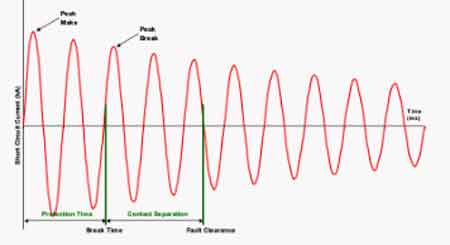
Prospective Fault Current Meaning Explained
READ MORE

Types of Resistors
READ MORE
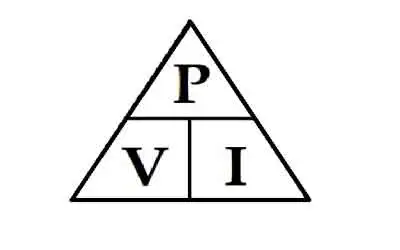
Watt’s Law - Power Triangle
READ MORE


